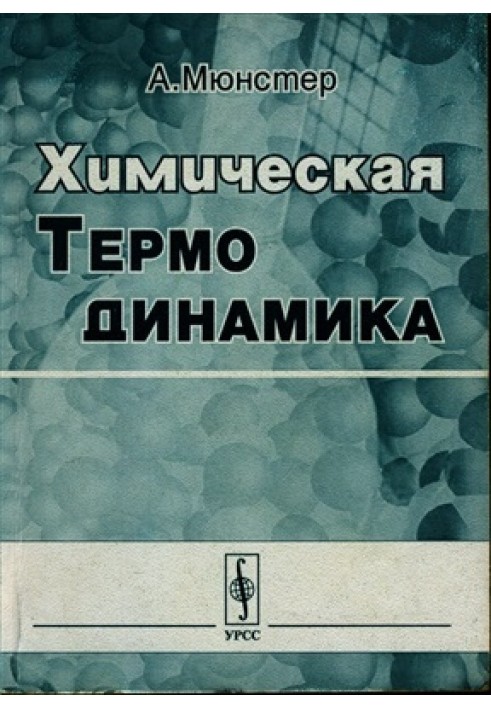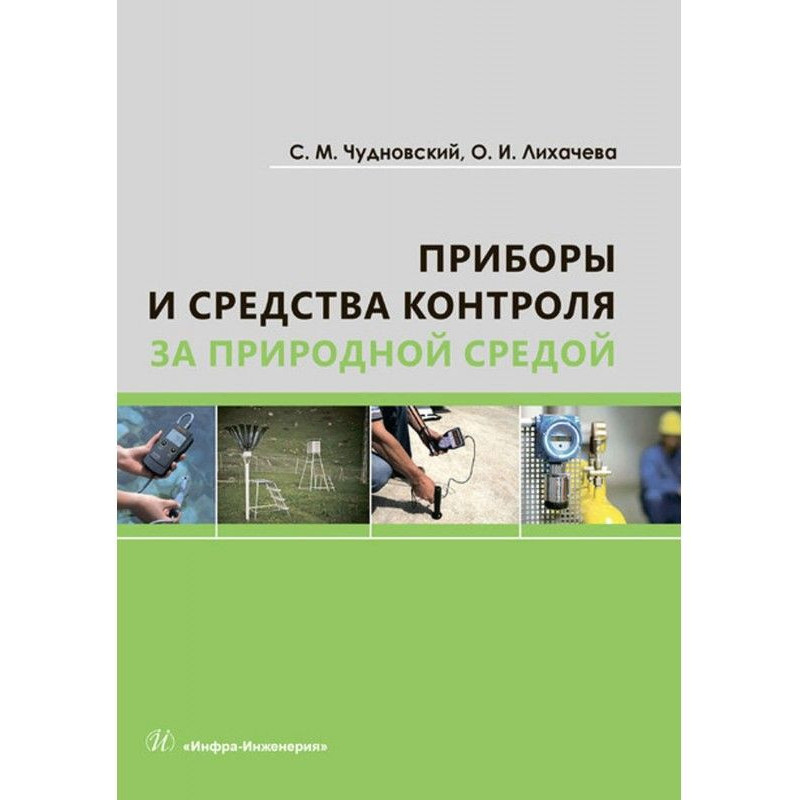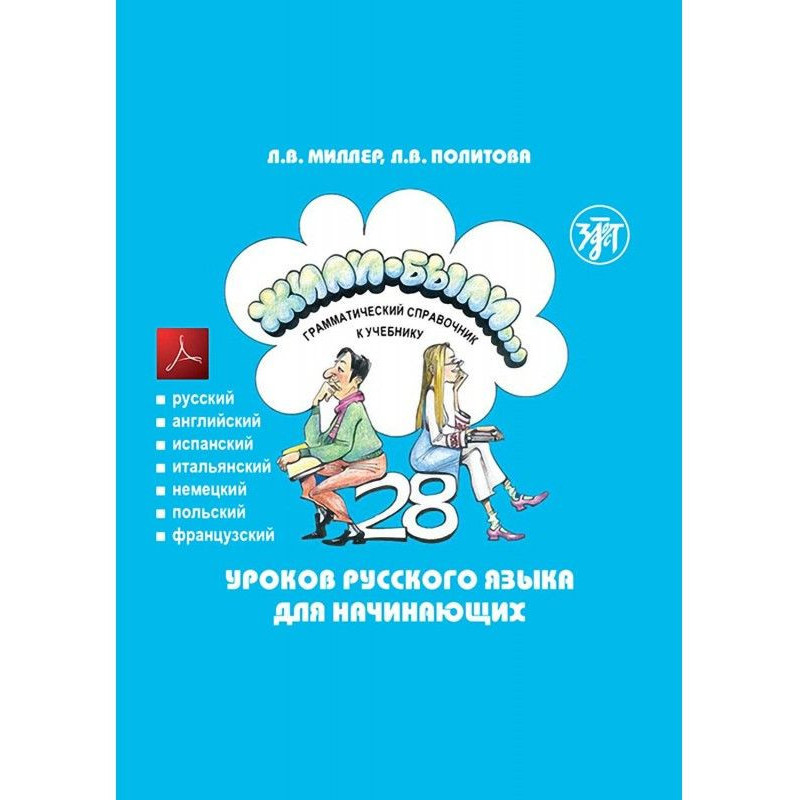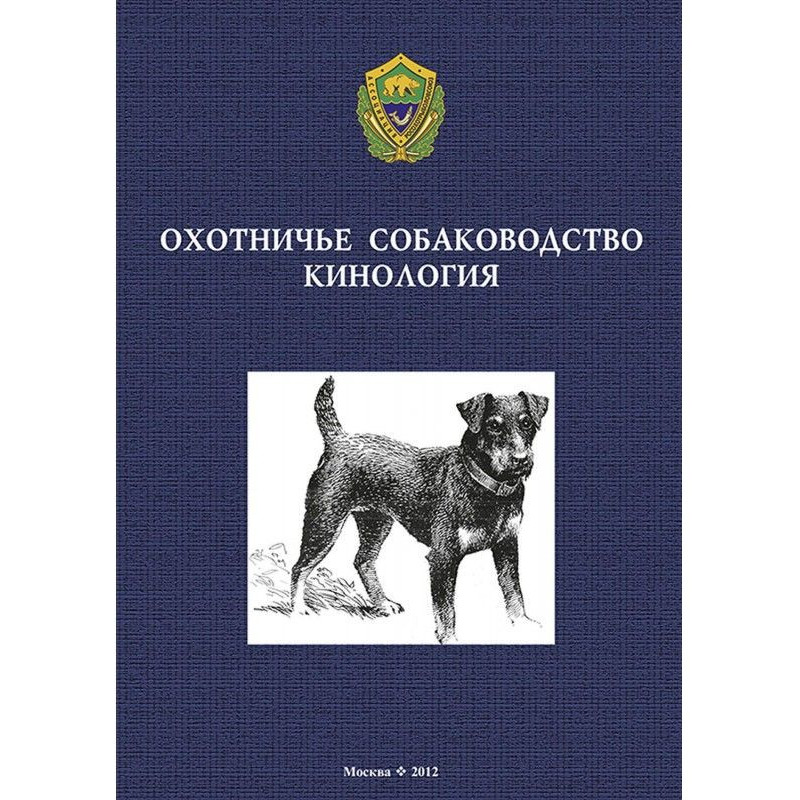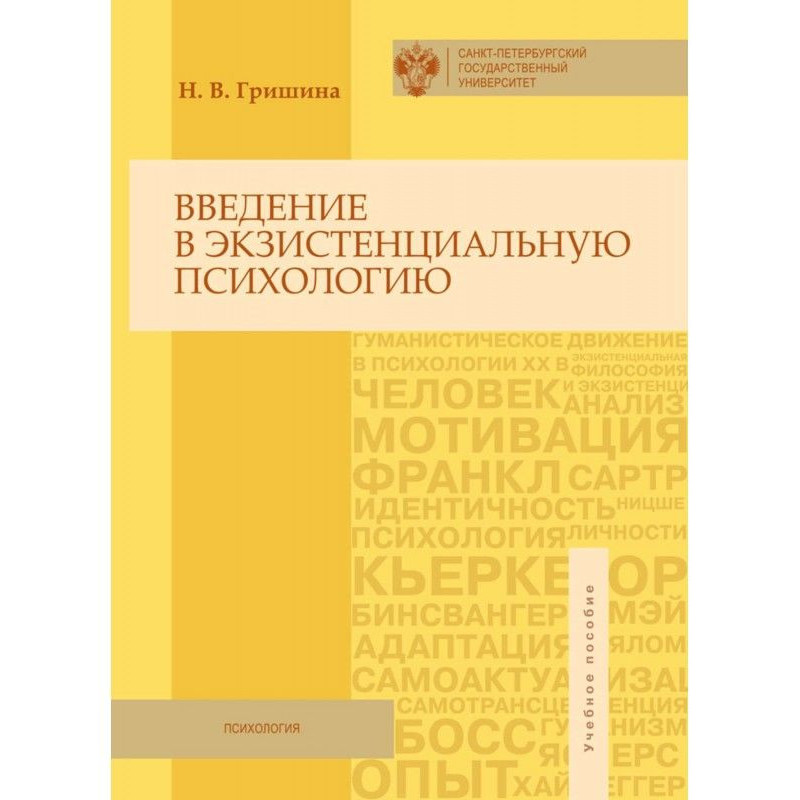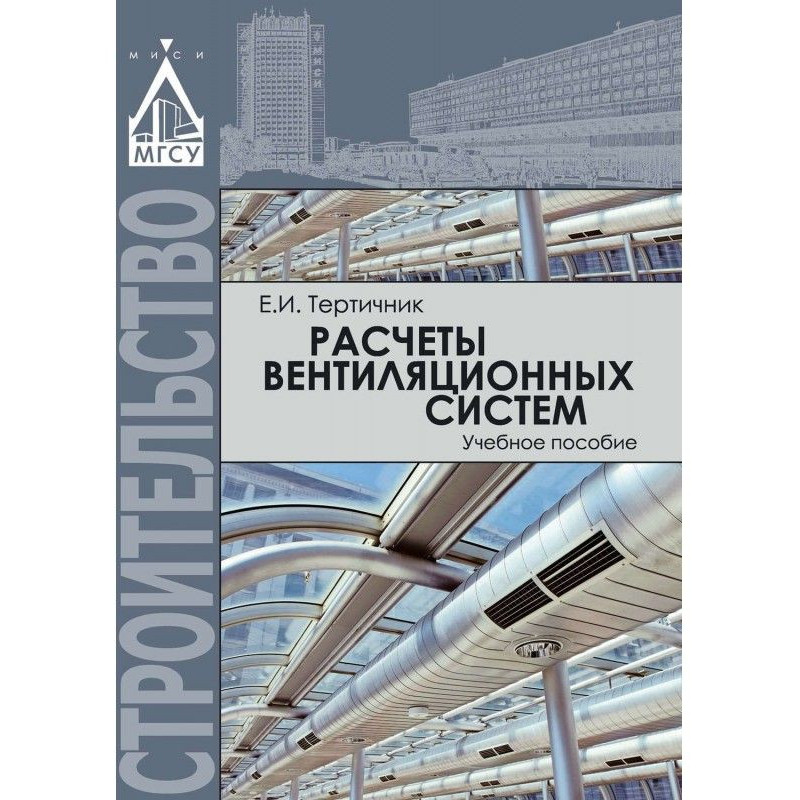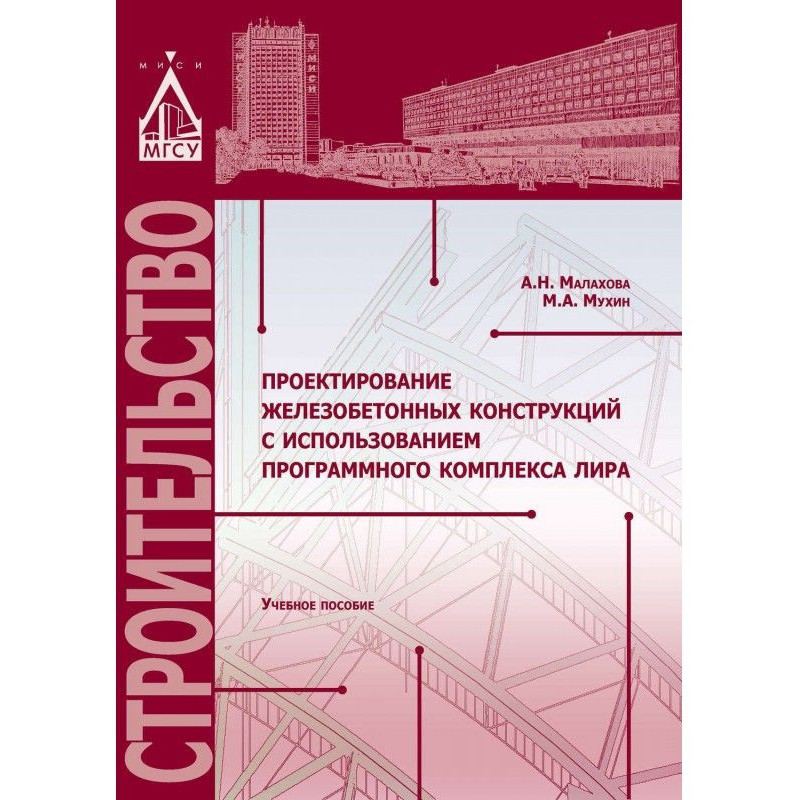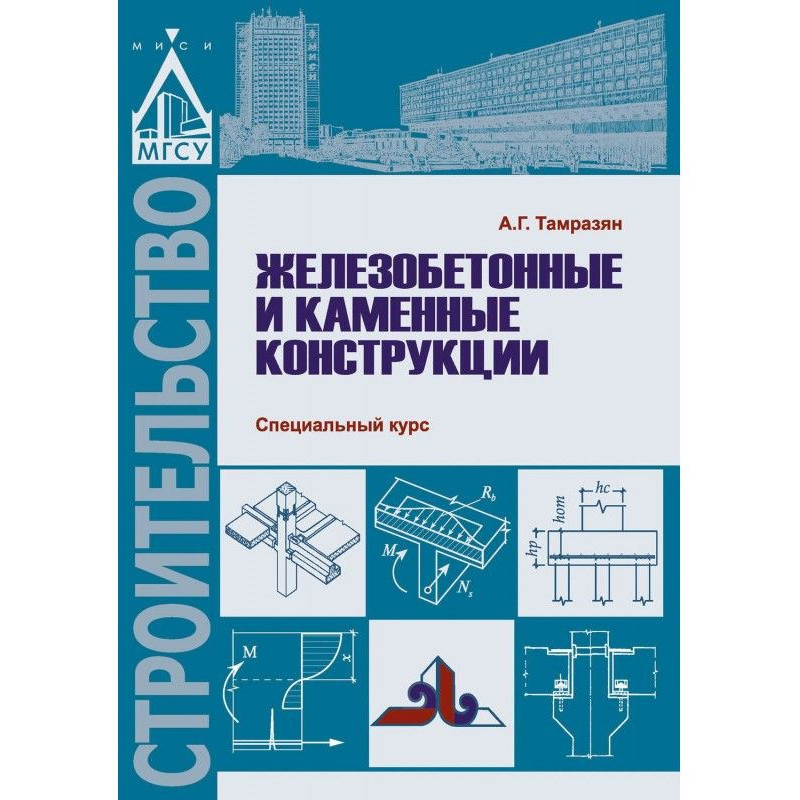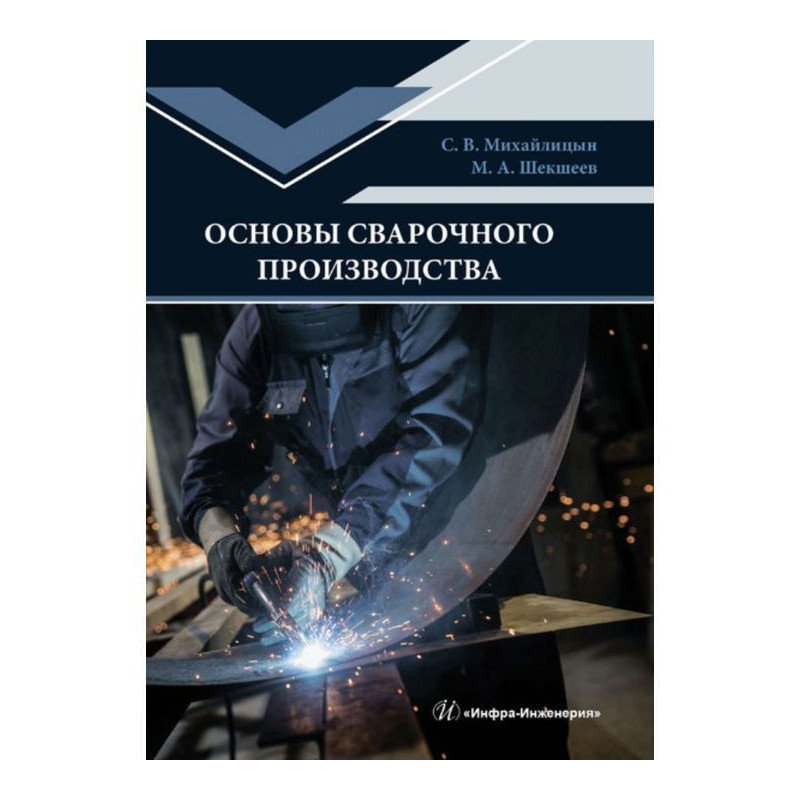Chemical thermodynamics
 Instant download
Instant download
after payment (24/7)
 Wide range of formats
Wide range of formats
(for all gadgets)
 Full book
Full book
(including for Apple and Android)
One of the best textbooks on theoretical thermodynamics in Russian is an abbreviated version of the book “Münster A. Classical Thermodynamics (1970)”. The author paid special attention to the logical structure of thermodynamics and its mathematical apparatus. The book is worth reading carefully, although, as befits a textbook by a German professor, it will not be easy for a neophyte to perceive what is written. The reader who has completed this memoir will begin to understand thermodynamics much better.
It is advisable to study Munster’s book already having a general understanding of thermodynamics (for example, in the scope of a physical chemistry course). Studying this book will help the inquisitive reader, who has a penchant for a generalized mathematical interpretation of phenomena, to better understand logic, mathematical structure, and the possibilities of classical thermodynamics and the limits of its applicability.
The file includes the above-mentioned edition in English.
ContentsUse the arrow to expand or collapse this sectionBasic laws of thermodynamicsDefinitionsClassical formulation of the basic laws of thermodynamicsThe first law. Internal energySecond law of thermodynamics. Entropy and absolute temperature Refrigerators and heat pumps Caratheodory's axiomatics Definitions Empirical temperature First law of thermodynamics Pfaff's differential expressions Second law of thermodynamics for quasi-static processes Empirical definition of U, S and T Measurement of extremely low temperatures Second law for non-static processes Extension of the second law of thermodynamics to open systems and chemical reactions Statement of the problem General formulation of the second law of thermodynamics General conditions of equilibrium and stability Discussion of the concept of equilibrium. Internal parameters Gibbs equilibrium conditions Stability conditions Thermodynamic potentials and Massier-Planck functions Legendre transformation. Homogeneous functions and Euler's theoremFundamental equation. Extensive and intensive options. Equations of state. Gibbs-Duhem equationThermodynamic potentialsMassier-Planck functionsTransformation of stability equilibrium conditionsGibbs-Helmholtz equations and Maxwell relationsRecalculation of partial derivatives. Jacobi determinant method. Joule-Thomson effect Average molar and partial molar quantities Heterogeneous equilibria without chemical reactions General conditions for the equilibrium of heterogeneous systems Membrane equilibria. Osmotic pressurePhase rulePhase reactionsInvariant and monovariant equilibriaBi- and polyvariant equilibriaChemical equilibriaGeneral equilibrium conditionsHomogeneous reactions. Law of mass actionHeterogeneous reactionsNumber of reaction paths. AffinityThermodynamic calculation of chemical reactionsNernst's thermal law. The unattainability of absolute zero temperature. Entropy at absolute zeroStability conditionsStatement of the problem. Gibbs criterionStability conditions in energy termsTransformation of stability conditionsStability conditions for heterogeneous systemsLe Chatelier-Brown principleStability of chemical equilibriumCritical phasesDefinition and properties of critical phasesGibbs equations for critical phasesTransformation of equations for critical phases. Further properties critical phases Electrochemical systems Definition and general properties of electrochemical systems General conditions for electrochemical equilibrium Solutions of strong electrolytes Membrane equilibria of electrolyte solutions Galvanic cells Gravitational field. Centrifugal field. Determination of molecular weight Systems in a gravitational field Systems in a centrifugal field Determination of molecular weight Literature
2nd ed., stereotypical. - M.: Editorial URSS, 2002. - 296 p.: ill. — ISBN 5-354-00217-6.
Literature on thermodynamics, physical and colloidal chemistry and related topics
Data sheet
- Name of the Author
- Арнольд Мюнстер
- Language
- Russian
Reviews
Незамінний підручник для студентів і фахівців
Книга "Хімічна термодинаміка" є одним із найкращих підручників з теоретичної термодинаміки, які я коли-небудь читав. Автор вдало адаптував складні концепції термодинаміки, надаючи чіткі пояснення та логічну структуру, що робить матеріал доступнішим для сприйняття. Хоча книга може бути складною для неофітів, вона відкриває двері до глибшого розуміння термодинамічних принципів і їх застосування в різних наукових сферах. Особливо вражає детальне висвітлення основних законів термодинаміки, а також їх математичного апарату. Я вважаю, що ця книга стане незамінним ресурсом для всіх, хто прагне поглибити свої знання у хімії та фізиці. Вона не лише допомагає зрозуміти теоретичні основи, але й надає практичні приклади, що робить навчання більш ефективним і цікавим. Рекомендую всім, хто навчається або працює в галузі природничих наук!

